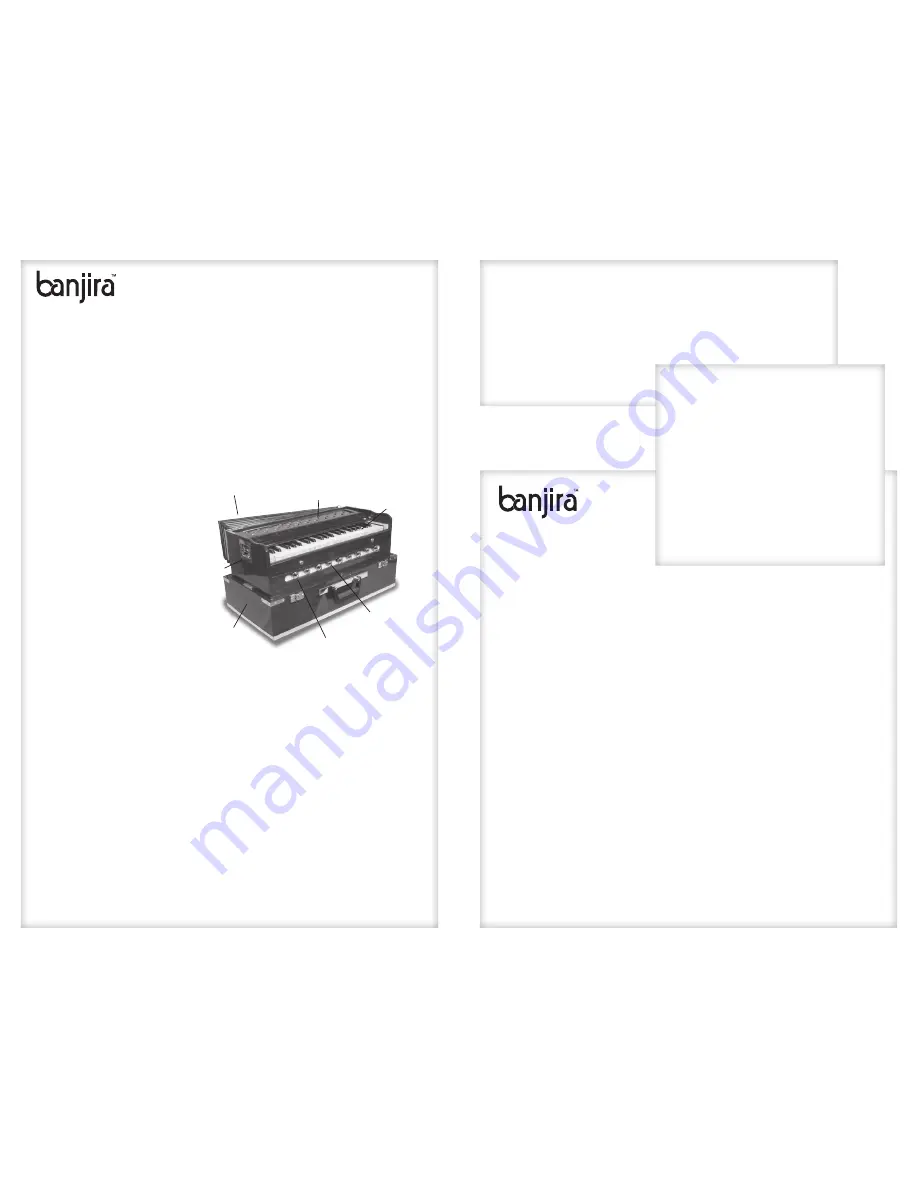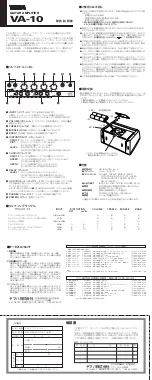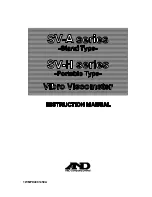
Harmonium
Harmonium
Parts of the Harmonium
REEDS - The brass reeds are thin tongues mounted in the openings of thick
rectangular bases.The reed vibrates when air passes through the opening in
the base. Short narrow reeds have a higher pitch than long wide reeds.
BELLOWS – Pumping the pleated paper bellows moves air into the
chambers. Usually the bellows can accommodate left or right handed players.
If you don’t hear music, stop pumping! NEVER pump unless air flows
through the reeds.
PULL KNOBS - The knobs
on the front are called Stops
and Drones. Stops control
the airflow to the reed
chambers. Multiple Stops
for one chamber provides a
more powerful sound. Stops
may also control special
functions, such as tremolo.
Drone knobs control the
airflow through fixed reeds
that have no keys associated
with them. Pulling the
Drone knob opens the air
flow to a drone reed and provides harmony to the keyboard music.
KEYS- Each key represents a reed. With a Stop pulled, depressing one key
activates one reed. Pull two Stops from different chambers and one key can
activate two reeds; one reed in each chamber.
MECHANICAL DEVICES – Mechanical devices provide greater flexibility
and variations in sound. These devices can include the Mechanical Coupler
and the Scale Changer. They are not available on all models.
The COUPLER is an ingenious device that physically connects, or couples,
two keys. The result is, playing one key simultaneously engages two reeds
that are one octave apart. The coupler may be engaged or disengaged by
the user.
The SCALE CHANGER is a tool that repositions the keyboard in relation
to the reeds. It adjusts in half step increments. Moving to the left lowers the
pitch, moving it to the right will raise it.
Playing the Harmonium
Place the harmonium on the floor and sit cross-legged in front of
it. Play the keys with your dominant hand while your other hand
works the bellows. You can also place the harmonium on a table
while you play. Find a comfortable pose. Practice your scales as you
would with an organ or piano.
Tuning
Harmoniums are meant to accompany
vocals. They are not meant to be played
in concert with other instruments.
Therefore, they are rarely tuned to
concert pitch. The reeds will sound good
when played together, but not necessarily
when played with other instruments. It
is important that the sound compliments
the vocals, the raga and the temperament
one is trying to achieve.
Care and Caution
BODY STYLES –If it is not Fixed, it may be a Suitcase with a removable lid,
or Traveler with a hinged top. To raise a Suitcase, remove the lid and locate the
handles on each side. Each handle has a metal release trigger, hold ABOVE
the trigger and lift until the supports pop out. To lower, lift up on the release
triggers, until the supports pop in, and then lower the body. For the Traveler,
open the hinged top and fold it to the back, lift the body until the supports
engage, then latch the top to the sides for a snug seal. To store the Traveler,
unlatch the top, holding the sides, lift enough to remove the tension on the
supports and push them in while lowering the body, close and latch the top.
ALWAYS make sure all the Pull Knobs are pushed in BEFORE closing your
harmonium. Go slowly, take some time to get to know your harmonium, and
NEVER force anything.
BELLOWS & AIR CHAMBERS - The harmonium has a number of delicate
parts that are made of cloth, leather and wood. These maintain the air within
the chambers and the bellows. NEVER pump the bellows with all the Pull
Knobs pushed in; this will cause greater pressure in the chambers than the
delicate parts can handle and may lead to leaks. If you don’t hear the music,
stop pumping!
Be very careful around curious children as there are a number of vents that are
perfect for small fingers, pencils, etc. Any holes in the bellows, or cloth vent
covers will cause air leaks in the chambers and your harmonium will need repair.
Bellows
Handle
Keys
Cover
Body
Stops
Drones




















